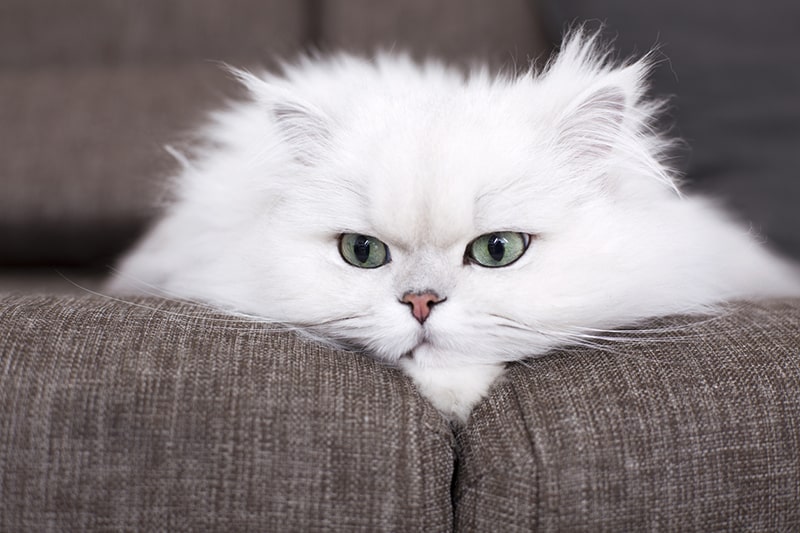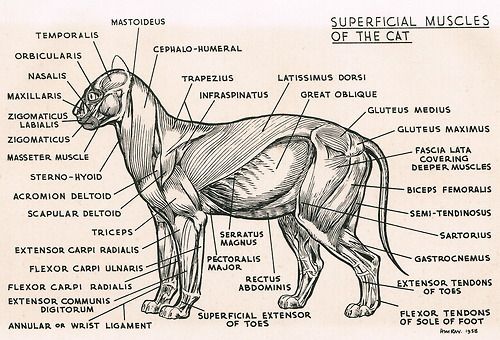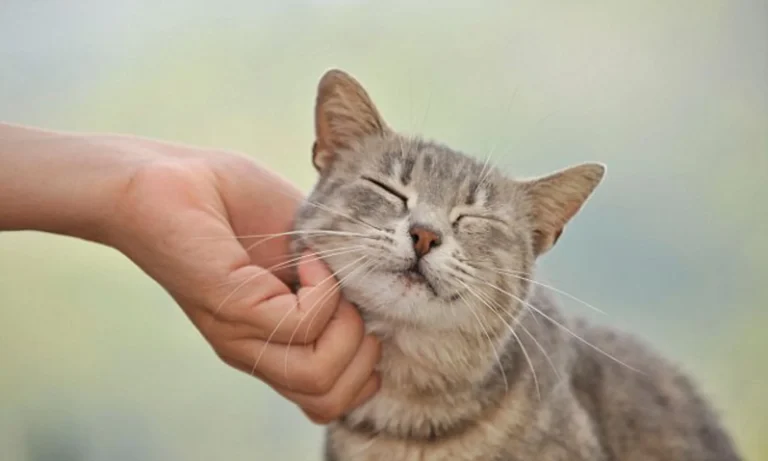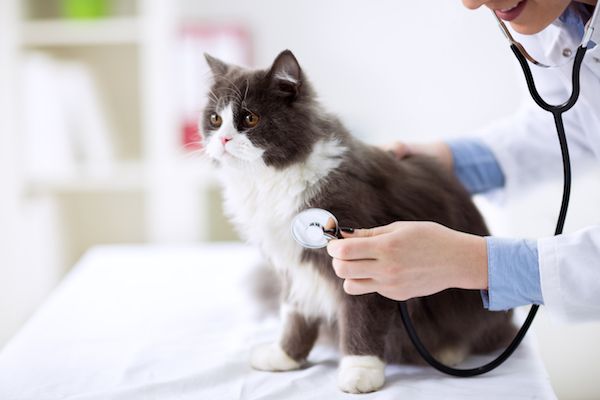Keeping your cat healthy and happy
Understanding the Needs of Your Feline Companion
Cats are unique creatures, with their own set of needs and behaviors. To truly understand the needs of your feline companion, it is essential to recognize their instinctual behaviors and provide them with a suitable environment. Cats are known for their independent nature, but they still require love and attention from their owners. Creating a secure and comfortable home for your cat is crucial to meeting their emotional needs.
One of the key aspects to consider when understanding your feline companion is their natural instinct to hunt. Cats are skilled predators, and this instinct can be satisfied through interactive play sessions. Engaging your cat in playtime using toys that stimulate their natural hunting drive can help keep them mentally and physically stimulated. This not only provides entertainment for your cat but also strengthens the bond between you and your furry friend. Understanding and meeting your cat’s need for playtime is an essential part of their overall well-being.
Providing a Balanced and Nutritious Diet for your Cat
A well-balanced and nutritious diet is crucial for the overall health and well-being of your feline companion. Cats have specific dietary requirements that should be met in order to ensure they receive the necessary nutrients to support their growth and development.
Firstly, it is important to understand that cats are obligate carnivores, which means their bodies require a high amount of animal-based protein for optimal health. Therefore, it is essential to provide them with a diet that is rich in high-quality protein sources such as poultry, fish, and meat. Be cautious about feeding your cat a vegetarian or vegan diet, as this may not adequately fulfill their nutritional needs. Consult with your veterinarian to determine the best protein sources for your cat’s diet.
In addition to protein, cats also require fat for energy and the absorption of fat-soluble vitamins. However, it is crucial to feed them the right kind of fat to prevent obesity and other health issues. Opt for healthy sources of fat such as fish oil or chicken fat rather than vegetable oils, which can be difficult for cats to digest. Ensure that the diet you choose for your feline friend contains the appropriate balance of essential fatty acids.
Furthermore, cats have specific vitamin and mineral requirements that should not be overlooked. These include vitamin A, D, E, and B-complex vitamins, as well as minerals like calcium and phosphorus. These nutrients can be found in commercial cat food, but it is essential to check the packaging and ensure that they are listed as part of the ingredients.
To meet your cat’s dietary needs adequately, consider feeding them a combination of commercially available cat food and fresh, raw or cooked meat. This will provide a variety of flavors and textures while ensuring they are receiving a well-rounded diet.
Remember, a balanced and nutritious diet is the foundation for your cat’s health, so take the time to research and choose the best food options for your feline companion. With the right diet, you can help your cat thrive and live a long and healthy life.
Promoting Regular Exercise and Playtime
Exercise and playtime are essential for your feline companion’s overall well-being. Regular physical activity helps to maintain a healthy weight, strengthen muscles, and stimulate their natural instincts. Engaging in interactive play with your cat also provides mental stimulation, fosters a bond, and prevents boredom.
To promote exercise and playtime, provide your cat with a variety of toys that encourage them to engage in physical activities. Toys such as interactive wands, laser pointers, and puzzle feeders can keep them entertained and physically active. Additionally, dedicating a specific time each day to play with your cat will ensure they receive the exercise they need. Whether it’s chasing a feather toy, playing a game of hide-and-seek, or engaging in gentle wrestling, these activities will keep your feline friend happy and healthy.
Maintaining a Clean and Stimulating Environment
It is essential to provide a clean and stimulating environment for your feline companion. Cats are naturally clean animals, and having a tidy living space contributes to their overall well-being. Regularly cleaning their litter box is of utmost importance to ensure their hygiene and prevent any potential health risks. Additionally, it is vital to keep their bedding and resting areas clean, as this creates a comfortable and inviting space for them to relax and unwind.
In addition to maintaining cleanliness, it is equally important to provide a stimulating environment for your cat. Cats are curious creatures and need mental and physical stimulation to keep them happy and engaged. Providing various toys and scratching posts can help satisfy their natural instincts to explore, hunt, and play. Creating vertical spaces, such as cat trees or shelves, allows them to climb and survey their territory, providing mental stimulation and exercise. Furthermore, interactive toys and puzzle feeders can challenge their problem-solving skills and provide entertainment. By combining a clean and stimulating environment, you can ensure that your feline companion leads a healthy and fulfilled life.
Ensuring Proper Hygiene and Grooming Practices
Proper hygiene and grooming practices are crucial for maintaining the health and well-being of your feline companion. Regular grooming not only keeps your cat’s coat clean and shiny but also helps to prevent matting and excessive shedding. It is important to brush your cat’s fur at least a few times a week, especially for long-haired breeds, as it helps to remove dirt, dander, and loose hair. Using a cat-specific brush or comb, gently work through the fur, paying close attention to any tangles or knots. If necessary, you can also use grooming wipes or specialized shampoos to keep your cat’s fur clean and odor-free.
In addition to grooming their fur, it is equally important to regularly clean your cat’s ears, eyes, and teeth. Cats are prone to ear mites and infections, so make sure to inspect their ears for any signs of redness, discharge, or wax buildup. Use a soft cloth or cotton ball dampened with a vet-approved ear cleaning solution to gently wipe out any debris. Similarly, pay attention to your cat’s eyes for any signs of discharge or irritation, and use a moistened cloth to gently wipe away any dirt or crust. Lastly, maintaining good dental hygiene is essential for your cat’s overall health. Brush their teeth regularly with a special cat toothbrush and toothpaste, or consider dental treats or toys that can help prevent tartar buildup and gum disease.
Ensuring your cat’s hygiene and grooming needs are met not only enhances their physical well-being but also strengthens the bond between you and your feline companion. By establishing a regular grooming routine, you are not only taking care of their external appearance but also actively monitoring their health. Remember to approach grooming sessions with patience and gentleness, providing praise and rewards to make it a positive experience for your cat. By prioritizing proper hygiene and grooming practices, you can keep your cat looking and feeling their best.
Monitoring and Managing your Cat’s Weight
Weight management is a crucial aspect of your cat’s overall health and well-being. Just like humans, cats can become overweight or obese, leading to a range of health problems such as diabetes, arthritis, and heart disease. It is important to regularly monitor your cat’s weight to ensure they remain within a healthy range.
One of the simplest ways to monitor your cat’s weight is through routine weigh-ins. You can use a bathroom scale or visit your veterinarian to have them properly weighed. It is recommended to keep a record of your cat’s weight, noting any fluctuations or significant changes. By doing so, you can quickly identify if your cat is gaining or losing weight, allowing you to take appropriate action in managing their weight.
Regular Veterinary Check-ups and Vaccinations
Regular veterinary check-ups and vaccinations are crucial for the health and well-being of your feline companion. These routine visits to the veterinarian help ensure that any potential health issues can be detected and addressed in a timely manner. Vaccinations, in particular, play a vital role in protecting your cat from harmful diseases and infections.
During a regular check-up, the veterinarian will carefully examine your cat, checking for any signs of illness or abnormalities. They will assess your cat’s overall health, including their weight, body condition, and vital signs. In addition, they may perform diagnostic tests, such as blood work or urine analysis, to get a comprehensive understanding of your cat’s internal health. These check-ups also provide an opportunity for you to discuss any concerns or observations you may have regarding your cat’s behavior or well-being.
Vaccinations, on the other hand, are essential for preventing various diseases that can be potentially fatal for your feline friend. Vaccines stimulate the immune system to produce protective antibodies, which guard against specific viral or bacterial infections. The core vaccines, such as those for rabies and feline distemper, are recommended for all cats, while non-core vaccines, such as those for feline leukemia or feline immunodeficiency virus, may be recommended based on your cat’s lifestyle and risk factors.
Regular veterinary check-ups and vaccinations are not only preventive measures but also provide an opportunity for early detection and intervention. By staying proactive and ensuring these regular visits, you are taking important steps towards safeguarding your cat’s health and longevity. Remember, the well-being of your furry friend should always be a top priority, and regular veterinary care is an essential component of responsible pet ownership.
Recognizing and Addressing Behavioral Issues
Behavioral issues in cats can be challenging to understand and address, but with patience and proper knowledge, you can help your feline companion lead a happy and well-adjusted life. One common behavioral issue cats may exhibit is aggression. Aggression in cats can range from mild to severe and may be shown through biting, scratching, hissing, or growling. It is essential to recognize the underlying cause of aggression, as it can stem from fear, territoriality, or medical conditions.
Another common behavioral issue is excessive scratching or destructive behavior. Cats have a natural instinct to scratch, but when it becomes excessive or happens on inappropriate surfaces, it can be a problem. Providing your cat with proper scratching posts, toys, and regular nail trims can help alleviate this behavior. It is important to redirect their attention to acceptable scratching surfaces and discourage destructive behavior by using positive reinforcement and providing alternative activities. Remember, understanding the root cause of your cat’s behavioral issues is crucial in finding effective solutions.
How can I understand the needs of my feline companion?
Understanding your cat’s needs involves observing their behavior, providing a comfortable environment, and meeting their physical and emotional needs.
What should I consider when providing a balanced and nutritious diet for my cat?
Your cat’s diet should include high-quality protein, essential nutrients, and appropriate portion sizes according to their age, weight, and health condition.
Why is regular exercise and playtime important for cats?
Regular exercise and playtime help keep your cat physically fit, mentally stimulated, and prevent behavioral issues caused by boredom or pent-up energy.
How can I maintain a clean and stimulating environment for my cat?
Regularly clean your cat’s litter box, provide suitable scratching posts, interactive toys, and create cozy resting areas to ensure a clean and enriching environment.
What are proper hygiene and grooming practices for cats?
Regularly brush your cat’s fur, trim their nails, clean their ears and teeth, and provide regular bathing if necessary to maintain their hygiene and prevent health issues.
How can I monitor and manage my cat’s weight effectively?
Regularly weigh your cat, adjust their portion sizes accordingly, provide structured meal times, and engage in interactive play to manage their weight effectively.
Why are regular veterinary check-ups and vaccinations important for cats?
Regular veterinary check-ups help detect and prevent health issues, and vaccinations protect your cat from common infectious diseases.
How can I recognize and address behavioral issues in my cat?
Behavioral issues may include aggression, excessive meowing, litter box problems, or anxiety. Recognize these signs and consult with a veterinarian or animal behaviorist for proper diagnosis and guidance.








One Comment